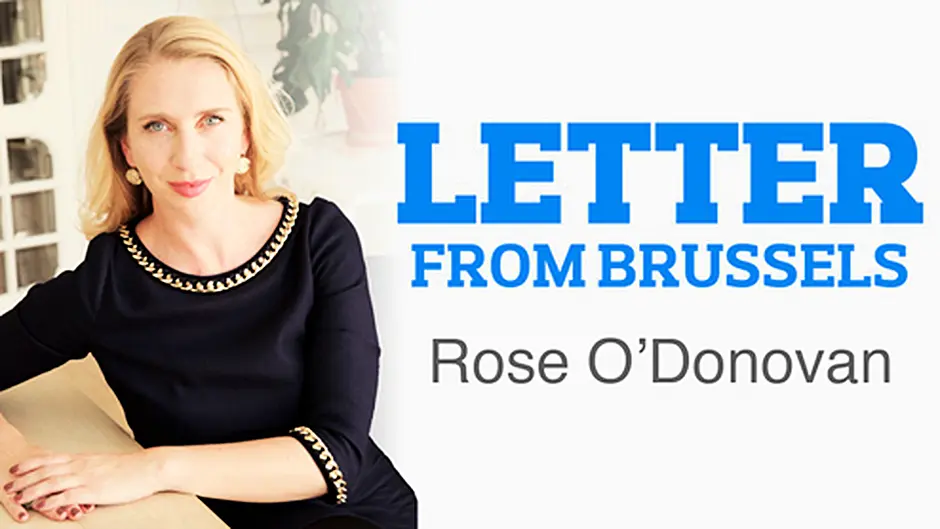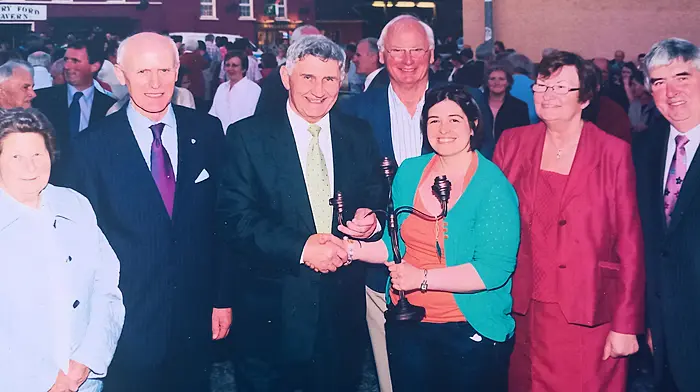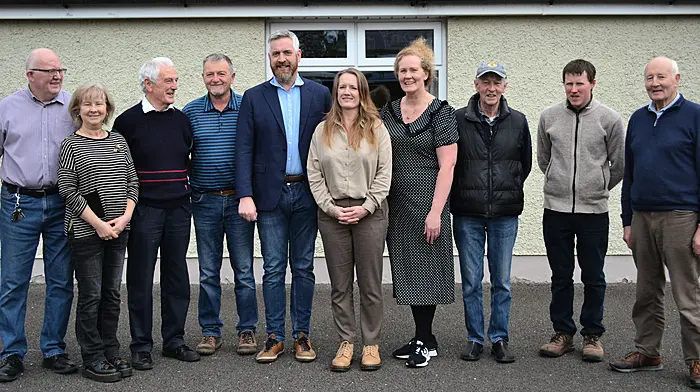IT was a big week for agricultural policy, with European Agriculture Ministers striking a ‘general approach’ on the CAP reform package at the Farm Council in Luxembourg at around 4.15am on Wednesday morning (October 21st), paving the way for further negotiations to kick start with the European Parliament.
The aim would be to get a formal deal over the line in early 2021, with current CAP rules rolling over for the duration of next year. Delegations delivered a qualified majority in favour of the package, with Lithuania voting against and Latvia, Bulgaria and Romania abstaining.
The German Presidency circulated a revised 11-page ‘room document’ after 3.30am containing a number of tweaks raised during the previous table-round. Emerging upbeat following over 40 hours of tough negotiations, German Federal Minister Julia Klöckner said the package ‘reflected the good work we have done together during various Presidencies’ (five since the original proposal was tabled).
‘We have been successful,’ she declared, hailing the ‘most important session of the decade in terms of agricultural policy.’ EU Farm chief Janusz Wojciechowski backed the compromise text, which ‘provides a good starting point in trilogue discussions and legal certainty for farmers from next year.’
Key elements
Among the key elements hammered out by Ministers, delegations agreed to make eco-schemes mandatory, with 20% ring-fencing under the direct payments envelope. A two-year initial pilot phase would allow the redeployment of unused funds to ‘specific environmental and climate-related objectives’ in case there was a low take-up among farmers.
This was a key point for Dublin, as raised by Agriculture Minister Charlie McConalogue. Indicative examples of eco-schemes include practices such as precision farming, agroforestry and organic farming, but national capitals would be free to design their own instruments on the basis of their specific needs.
As regards capping and degressivity, countries may cap the basic income support at €100,000, with a voluntary mechanism to reduce direct payments beyond €60,000 (up to an increased maximum of 85% for sums of direct aid per beneficiary above €90,000). On voluntary coupled support, the maximum share of the national ceiling that could be used for payments for vulnerable sectors linked to production would be 13%, plus 2% for protein crops.
On Friday afternoon, October 23rd, MEPs adopted their position on the post-2022 CAP reform package, following four days of voting through amendments. Discussions between the two institutions to find a deal are likely to get under way in November.
• Rose O’Donovan is the editor-in-chief of the Brussels-based publication AGRA FACTS.









